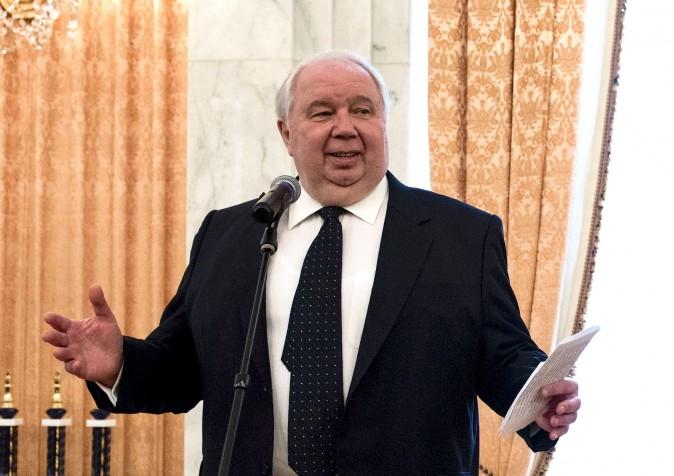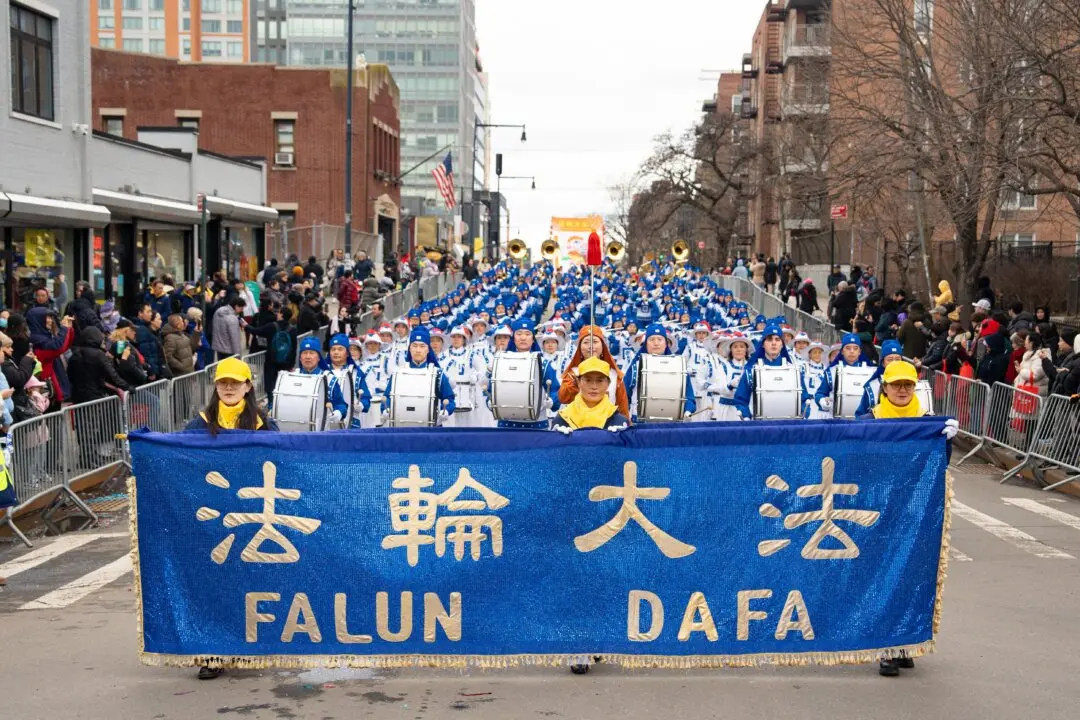Jared Kushner, son-in-law and senior adviser to President Donald Trump, explained his work as a contact person for foreign officials on Trump’s campaign and how it led to over 100 contacts with foreign representatives, including four that were Russian.
Trump campaign’s contacts with Russia were scrutinized after heads of the FBI, CIA, and NSA accused Russia of orchestrating a hack of the Democratic National Committee server. The committee denied FBI access to the server.
The server contained emails that were released by WikiLeaks and showed, among other things, the committee influencing the Democratic primaries in favor of Hillary Clinton against her opponent Bernie Sanders. Russia denied involvement in the leak and WikiLeaks denied Russia was their source.
As Trump rose through the ranks of Republican candidates last year, representatives of other countries tried to get in touch with the campaign and Kushner was asked to act as a point of contact, he said in an 11-page statement on July 24.
After scouring through his phone and email records, Kushner said he recalled only four contacts with Russian representatives.
The first was in April 2016 at a reception held immediately before Trump’s foreign policy speech at the Mayflower Hotel in Washington. The event was hosted by Dimitri Simes, the publisher of The National Interest magazine. Simes introduced four ambassadors to Kushner at the reception, one of whom was Russian Ambassador Sergey Kislyak.
“With all the ambassadors, including Mr. Kislyak, we shook hands, exchanged brief pleasantries and I thanked them for attending the event and said I hoped they would like candidate Trump’s speech and his ideas for a fresh approach to America’s foreign policy,” Kushner wrote. “The ambassadors also expressed interest in creating a positive relationship should we win the election.
“Each exchange lasted less than a minute; some gave me their business cards and invited me to lunch at their embassies. I never took them up on any of these invitations and that was the extent of the interactions.”






